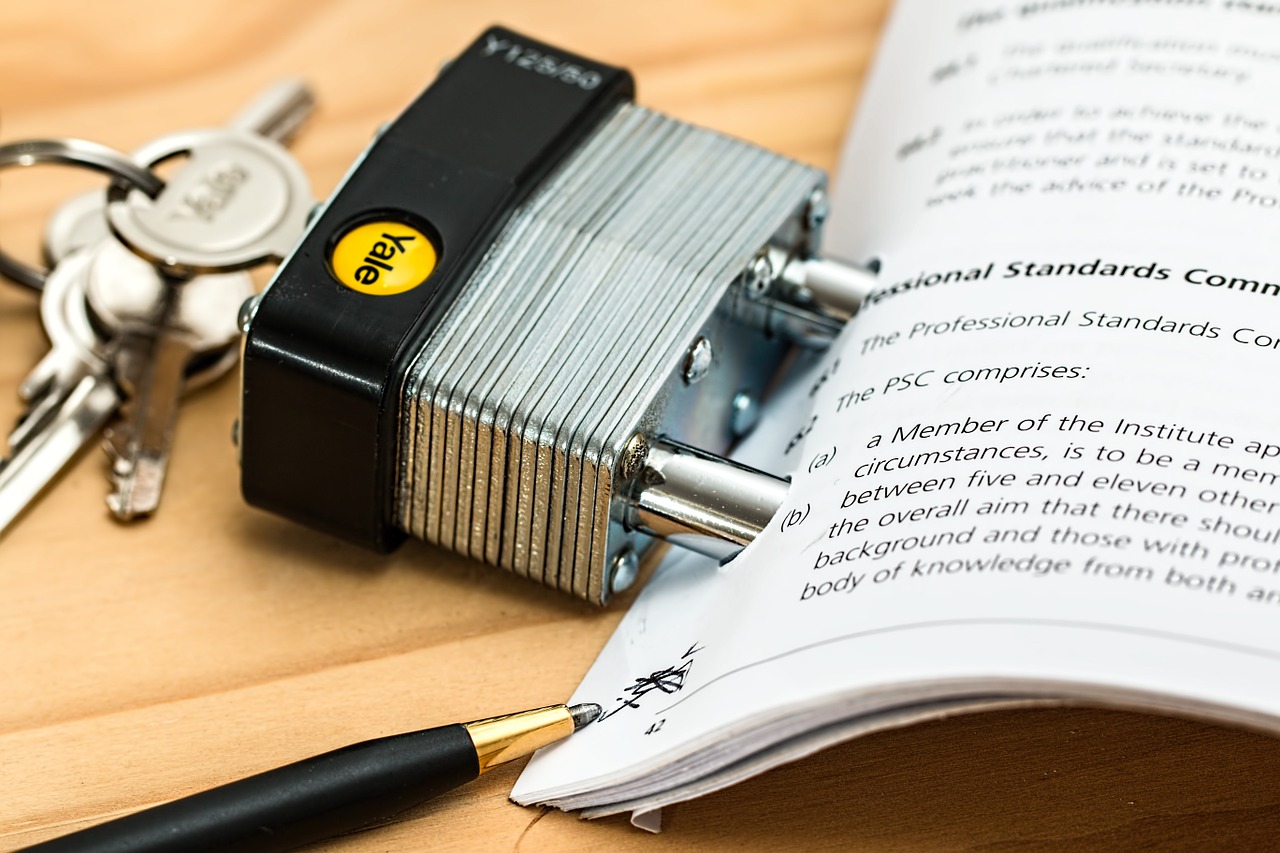Period of the Judges
Since that time revelation through prophecy was probably never entirely wanting in Israel (Deu 18:15). But this fountain did not always flow with the same fullness or clearness. During the period of the Judges the Spirit of God urged the heroes who served Yahweh rather to deeds than to words. Yet Deborah enjoyed a high rank as a prophetess, and for a long time pronounced decisions of justice in the name of the Lord before she, through her prophetical utterances, aroused the people to rise up against their oppressors.
What is said in 1Sa 3:1 concerning the times of Eli can be applied to this whole period, namely that the word and vision of the prophet had become rare in the land. All the more epoch-making was the activity of Samuel, who while yet a boy received divine revelations (1Sa 3:1 ff).
He was by the whole people regarded as a “seer” whose prophecies were always fulfilled (1Sa 3:19 f). The passage 1Sa 9:6 ff shows that the people expected of such a man of God that he should also as a clairvoyant come to the assistance of the people in the troubles of life. Such a professional clairvoyant, indeed, Samuel was not, as he was devoted entirely to the service of his God and of his people and obeyed the Divine Spirit, even in those cases when he was compelled to act contrary to his personal inclinations, as was the case when the kingdom was established in Israel (1Sa 8:6 ff).










 Get the Basic Prophetic Training Manual.
Get the Basic Prophetic Training Manual.